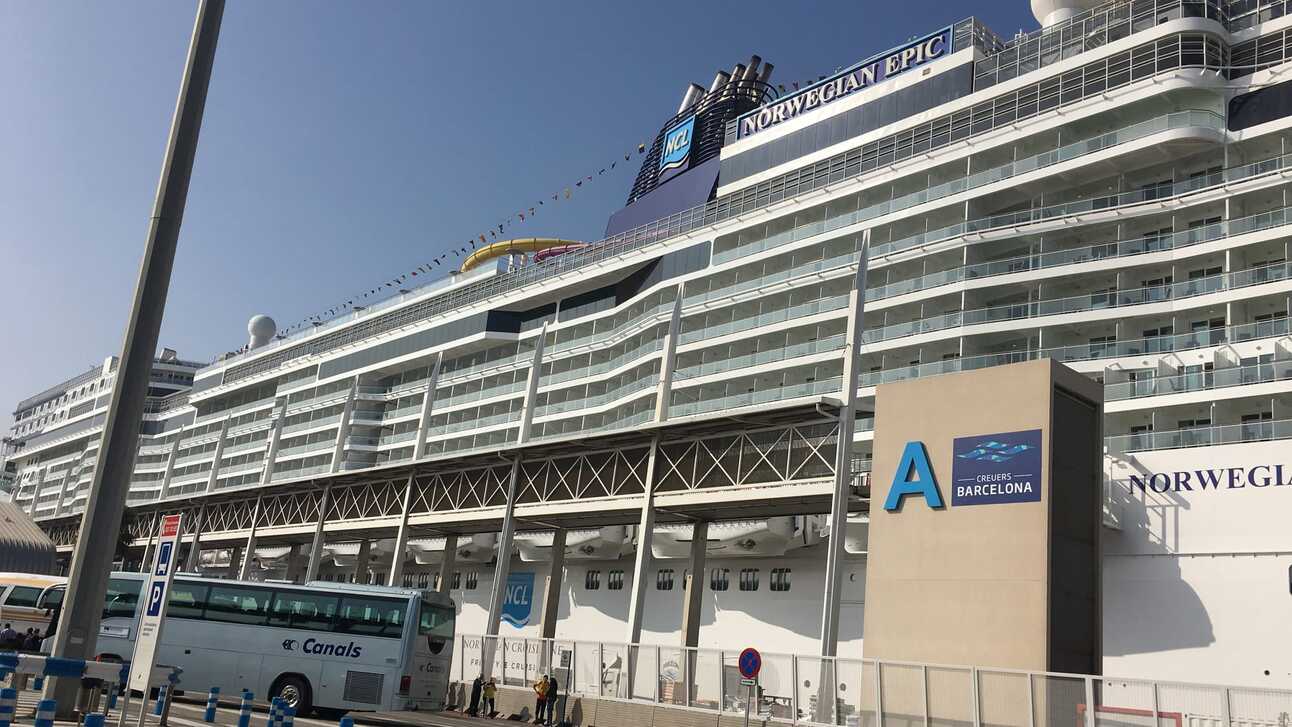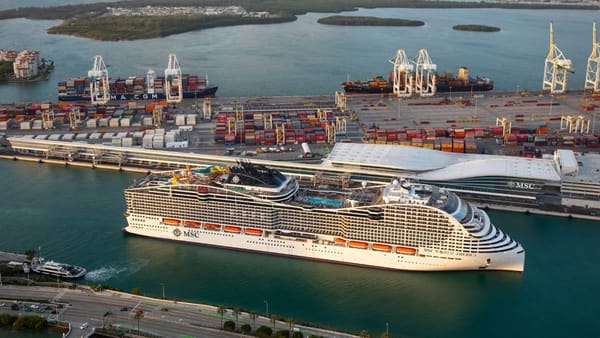Barcelona targets cruise tax hike to manage tourism

Barcelona is set to increase its tourist tax for cruise passengers, particularly targeting those who spend less than 12 hours in the city. This decision, announced by Mayor Jaume Collboni, aims to address the growing issue of tourism overcrowding that has plagued the city. The proposed changes are a response to the soaring number of cruise passengers, with over 803 ships bringing nearly 3.5 million visitors in 2023, marking a new record for the city.
Following trends, the year 2024 is expected to surpass these numbers, with a record 530 ship calls already logged in the first half of the year, signifying a 15 percent increase from the last year. This influx of tourists has sparked local protests, with residents expressing dissatisfaction through public demonstrations, aimed at managing the impact of mass tourism on their day-to-day lives.
Reasons Behind the Cruise Tourism Tax Proposal
Mayor Collboni stated that prioritizing the quality of life for residents is a driving force behind the proposal. By increasing the current tourist tax, which sits at €7 per day for cruise passengers, the city hopes to ensure that visitors contribute fairly to Barcelona’s economy, particularly as they often take limited time to explore the area.
The exact details of the tax increase have yet to be revealed; however, expectations are that the hikes will discourage brief visits, promoting longer stays that may benefit local businesses more substantially. The broader aim is to sustain Barcelona's reputation as a tourist destination while safeguarding residents' quality of life.
The Impact of Overcrowding on Local Life
Barcelona has witnessed significant challenges related to tourism, particularly with a sense of overcrowding in the city’s popular attractions and neighborhoods. This overwhelming influx of visitors has led locals to engage in anti-tourism protests, including direct interactions with tourists, that highlight growing tensions between residents and the tourism industry.
The proposed tax increase and other measures aim to balance the scales. Collboni has voiced his commitment to ensuring that Barcelona can be both a thriving tourist destination and a comfortable city for its inhabitants.
Proposed Measures for Managing Tourism
In addition to the increased tourist tax, Collboni has laid out a series of strategies to manage tourism effectively. These include plans to reduce the number of tourist apartments available, with a target to eliminate 10,000 such lodgings by 2028. This initiative aims to tackle the housing crisis exacerbated by the high demand for short-term rentals from tourists.
Limiting the number of cruise ships docking in the city has also been a significant part of the discussion. Under the current proposal, the allowable number of cruise ships would decrease from ten to seven daily, with potential partial bans on specific days to better distribute tourist traffic across the city.
Previous Restrictions on Cruise Ship Docking
In October 2023, Barcelona already implemented restrictions, redirecting cruise ships away from its northern docks to reduce congestion in central tourist areas. Cruise ships are now required to dock at the Moll d’Adossat pier, which is farther from popular attractions, theoretically alleviating the pressure on local hotspots.
This strategy reflects the city administration's increasing push to regulate cruise tourism. Collboni's team is actively seeking to create a more sustainable tourism environment, one where the needs and rights of Barcelona's residents are harmonized with those of incoming visitors.
Industry Response and Future Implications
The Cruise Lines International Association (CLIA) has responded critically to Barcelona's ongoing restrictions. They have implied that cruise lines may boycott the city and redirect operations to friendlier destinations if the situation continues to escalate.
With expectations for a 10% increase in overall cruise capacity in the coming years, cities without stringent limitations on tourist influx may become more appealing to cruise lines. Therefore, Barcelona must weigh the economic benefits of cruise tourism against the potential fallout from their restrictive measures.
Conclusion
The proposed increase in the cruise tourism tax in Barcelona reflects a significant shift in how cities with high tourist traffic manage the influx of visitors. While the goal is to protect the quality of life for residents and ensure a more equitable contribution from tourists, the implications for the cruise industry could be far-reaching.
Tensions between tourism management and preserving local community life will need to be addressed as Barcelona straddles the line between being a premier tourist destination and a livable city for its residents. How this policy unfolds may set a precedent for other cities grappling with similar challenges.
FAQs
1. What is the cruise tourism tax in Barcelona?
The cruise tourism tax is a fee imposed on cruise passengers visiting Barcelona, designed to help mitigate the effects of overcrowding and support local economies.
2. How much is the current tourist tax for cruise passengers?
The current tourist tax for cruise passengers is €7 per day.
3. Why are locals protesting against tourism in Barcelona?
Locals are protesting due to overcrowding caused by mass tourism, leading to disruptions in their daily lives and degradation of their neighborhoods.
4. What other measures is Barcelona considering to manage tourism?
Barcelona is considering limiting the number of cruise ships docking daily, increasing the tourist tax, and reducing the number of tourist apartments to alleviate housing pressures.
5. How has the cruise industry responded to Barcelona's proposed tax increase?
The cruise industry, represented by CLIA, has threatened to boycott Barcelona if restrictions continue, indicating that they may redirect cruise traffic to more accommodating destinations.




